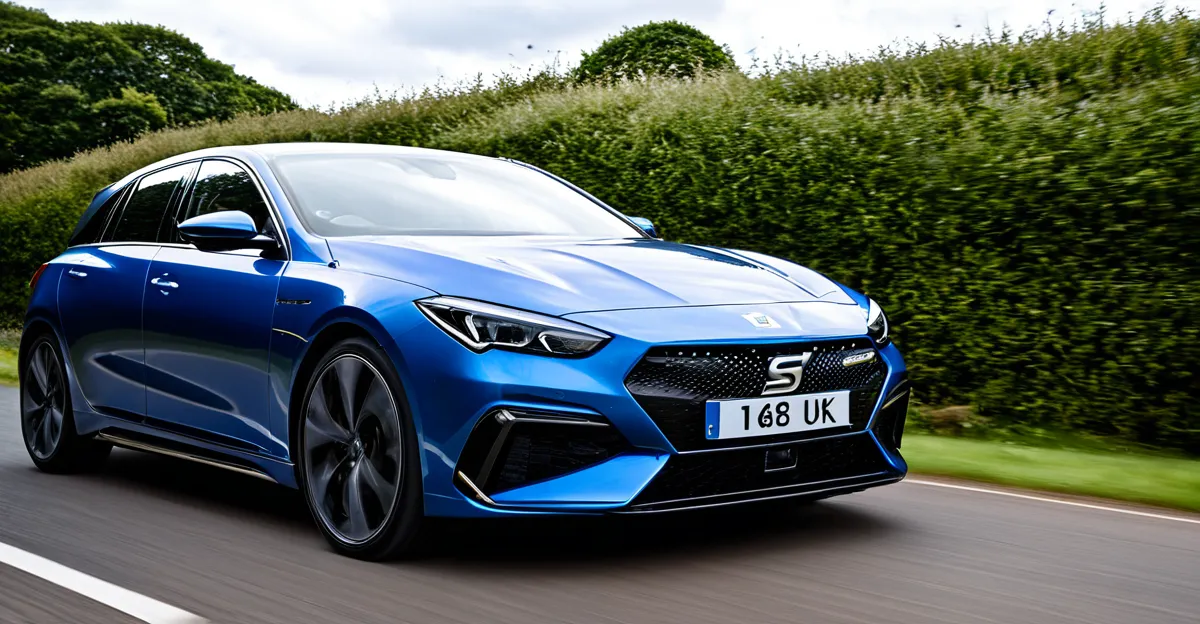Major Advances in Electrification and Battery Technology
The UK’s electric vehicles market is accelerating rapidly, thanks to significant breakthroughs in battery innovation and the expansion of EV infrastructure. Battery technology is evolving from traditional lithium-ion cells to more advanced chemistries that promise higher energy densities, faster charging, and greater longevity. These innovations reduce costs and increase the range of electric vehicles, enhancing their appeal.
In the UK, local battery production initiatives are gaining momentum to decrease reliance on imports and strengthen supply chains. This localized manufacturing is critical for supporting the growing electric vehicles UK segment while also boosting economic growth and sustainability.
In the same genre : How Will the Shift to Electric Vehicles Affect the UK Automobile Manufacturing Sector?
Simultaneously, the expansion of the EV infrastructure UK is vital to support mass adoption. New public and private charging stations, including ultra-fast chargers, are being deployed across highways and urban centers. This infrastructure development addresses range anxiety and improves accessibility, which are key drivers for consumers considering transitioning from traditional vehicles to electric alternatives.
Together, these advances in electrification and battery technology underpin the UK’s strategy to lead the transition towards a cleaner, more sustainable automotive future.
Also to see : What Factors Will Shape the Future of the UK’s Automotive Sector?
Progress in Autonomous and Connected Car Technologies
The UK is at the forefront in developing autonomous vehicles UK, with extensive testing and supportive policy frameworks encouraging innovation. The government’s clear regulatory guidance enables safe trials of driverless cars on public roads. This leadership speeds up the integration of autonomous systems into everyday transport.
Connected cars are another critical area, featuring advanced driver-assistance systems (ADAS) that improve safety and convenience. These vehicles communicate with each other and the surrounding infrastructure, enhancing traffic flow and reducing accidents. The fusion of sensors, cameras, and vehicle-to-everything (V2X) communication creates a seamless, data-driven driving experience.
5G networks play a pivotal role in this ecosystem by providing ultra-fast, reliable connectivity essential for real-time data transmission, a necessity for both autonomous vehicles UK and connected cars. The enhanced bandwidth and low latency ensure the effectiveness of automotive software controlling these systems.
Cybersecurity measures are equally vital, protecting vehicles from hacking risks as connectivity increases. Robust safeguards are implemented to maintain the integrity of automotive software, ensuring that autonomous and connected vehicles operate safely and securely on UK roads.





